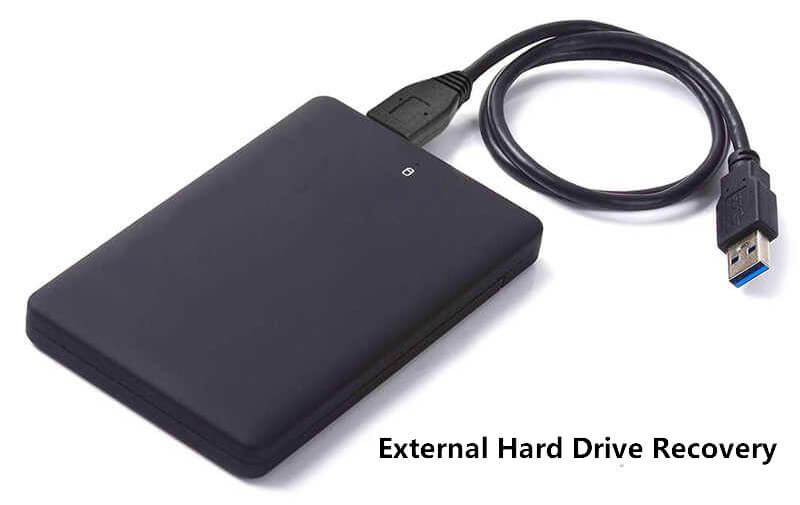


If you disable AutoRun within windows, you should be a bit safer - but nothing will be as safe as running good quality AV. If a virus can infect that file on a non-clean machine, then it will auto-execute and infect your PC simply by plugging the disk in. A typical example of this is the auto-launching of a software installer when you insert a software CD/DVD/USB. If you don't have antivirus, you can indeed be infected by simply plugging a disk into a machine providing that you have autorun enabled.Īutorun is a function within windows which will scan particular files/locations on any disck (external drive, DVD, CD, USB etc) for a "default" program to run on discovering the disk.


 0 kommentar(er)
0 kommentar(er)
